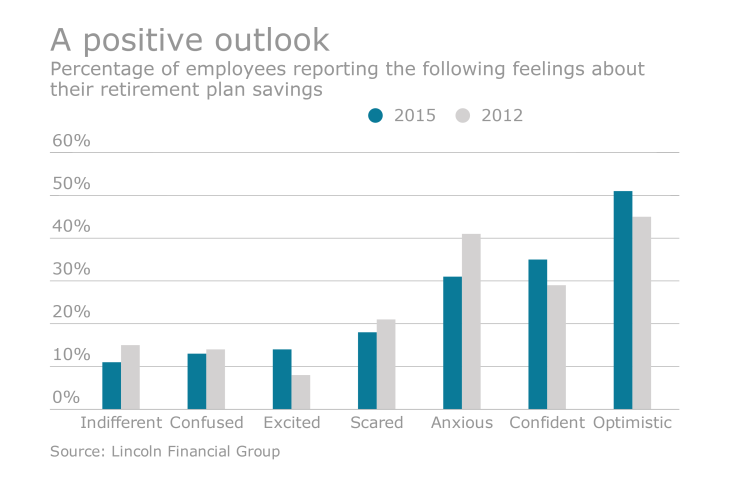Are 401(k) plan loans double taxed? As outlined in the example below, it appears that the principal amounts of 401(k) loans that are distributed at retirement are taxed at a rate that is more than double that of a participant’s incremental tax rate.
Here are the assumptions:
· 401(k) plan loan amount of $10,000.
· Payroll deduction is the only way to pay back this loan.
· The participant is in the 25% federal tax bracket while working and when retired.
· No state taxes.
· To eliminate the impact of interest, assume the interest rate on this 401(k) plan loan is 0%.
· To simplify the example, assume only one payroll deduction payment for $10,000 to pay back the loan.

Example
Loan origination: $10,000, no tax impact
Loan payback: One $10,000 payroll-deducted after-tax payment. $13,333 in gross earnings needed to realize the $10,000 after-tax payment resulting in $3,333 in taxes attributable to the payment.
Distribution of this $10,000 at retirement: $10,000 taxed at 25% resulting in $2,500 in taxes.
The total taxes paid on the $10,000 used for the 401(k) plan loan and then distributed at retirement are $5,833 (58%), more than double the amount of $2,500 (25%) that would be paid on a $10,000 distribution at retirement.
Same as any other loan?
Many financial experts believe that 401(k) loans are not double taxed. They say that the overall tax treatment of the individual is the same whether he/she takes a 401(k) plan loan or a loan from somewhere else. An equivalent amount of taxes would be required to pay back a loan from any other lender. I agree. However, that does not change the fact that a participant appears to experience a tax on the principal portion of 401(k) loans that is more than double his/her incremental tax rate.
401(k) loans are bad
I believe that
In addition, most participants who take 401(k) loans end up reducing or stopping their contributions while making loan payments. As a result, they often lose company matching contributions since they no longer contribute up to the maximum matched percentage.
What do you think: Are 401(k) loans double taxed? Is taking a 401(k) plan loan a bad financial decision?
Robert C. Lawton, AIF, CRPS is president of





